Advancing teaching proficiency, education equity, and future-proofing students for the 21st century: STEMplus
Advancing teaching proficiency, education equity, and future-proofing students for the 21st century: STEMplus
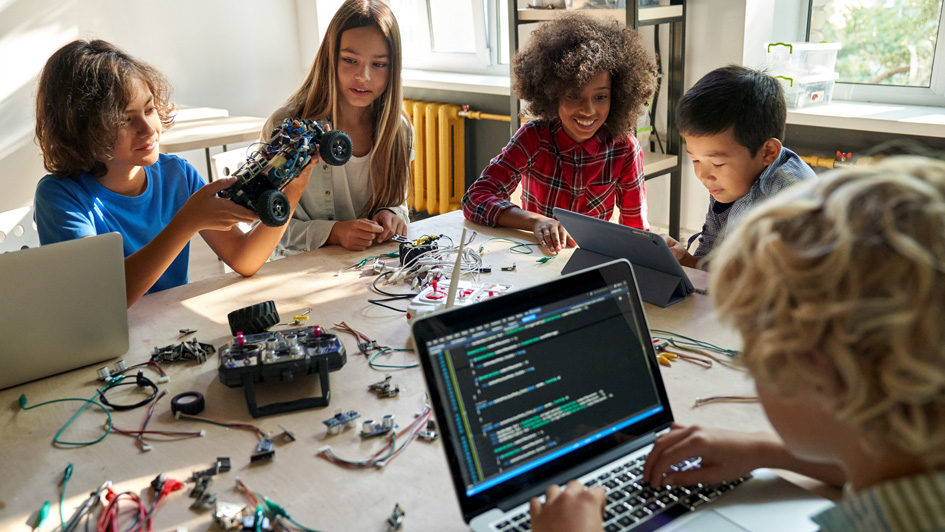
The STEMplus approach connects classroom learning with future competencies like communication, collaboration, creative, and critical thinking along with intercultural understanding.
© stock.adobe
On international education day, Siemens Stiftung promotes an educational approach ready for tomorrow’s world by equipping students and teachers with 21st century skills today. As Industry 4.0 gains momentum and affects every aspect of our lives, an evolution in the form of Education 4.0 is in the offing that reconceptualizes traditional curriculum boundaries. The acronym STEMplus demonstrates this approach: Fundamental understanding of the STEM subjects (Science, Technology, Engineering, and Mathematics) along with embracing creativity, urging students to think outside the box. It encourages deductive skills in students, preparing them to navigate a future underlined by unforeseen technological advancement, societal challenges, and climate extremes.
Together with a long-time collaborator on education, Prof. Dr. Kristina Reiss, (former dean of the TUM School of Education and former the director of the PISA program, Germany) Siemens Stiftung introduces the STEMplus approach that connects classroom learning with future competencies. The holistic approach fosters communication, collaboration, creative, and critical thinking along with intercultural understanding. It is oriented toward problems that do not necessarily have disciplinary limits and opens creative ways to solve them by focusing on a common initiative to do so. The potential benefits for society are given utmost attention as students not only learn in real-life contexts but also develop hands-on solutions to address these challenges. For teachers, this means implementing problem-based lessons that facilitate explorative learning among students.
Dr. Reiss explains: “Continuous disruptions in technological, social, and environmental milieu have challenged established classroom learning practices. Students entering primary school today will find themselves in the future in jobs that do not exist now. With STEMplus, our vision is to ignite students’ creative minds, encouraging them to experiment, investigate, collaborate, and create solutions as a part of curricula.”
Having directed the PISA tests in Germany for many years, Dr. Reiss calls for the introduction of this learning approach early on. “We need to rethink traditional educational approaches and see it more as a social responsibility, not limited to childhood but as a life-long learning journey. Therefore, it is vital that STEMplus is introduced at the most impressionable age of a child to nurture crucial cognitive, critical, and language skills to build a solid foundation for the future,” Dr. Reiss adds.
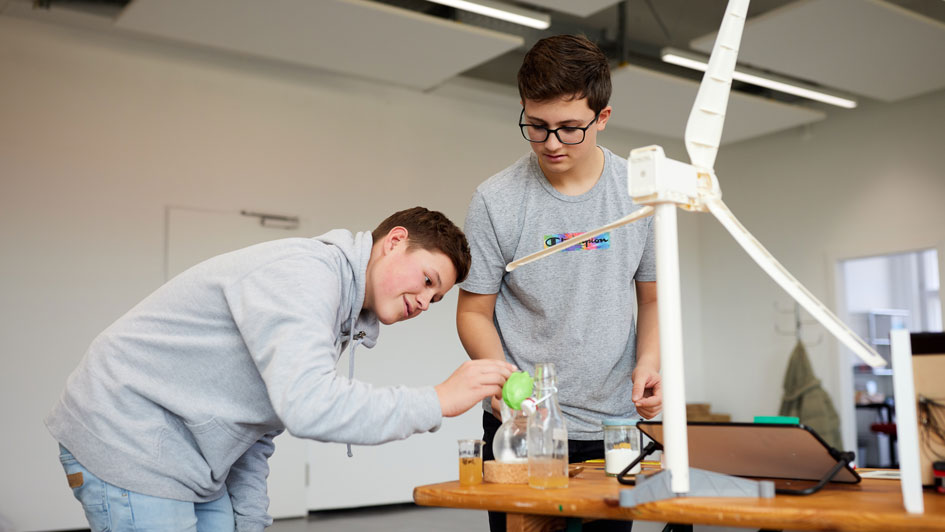
Education equity and social inclusion is the heart of STEMplus. Siemens Stiftung along with its partners initiates projects like the STEM Make@thon on a regular basis, where teenagers from mixed backgrounds meet up at the STEAM Hub in Siemensstadt Square to develop solutions to current pressing problems like nutrition, e-mobility, sustainable energy, and textiles among others. It empowers students to dare to do something different, opening their horizons to the latest technologies and innovative tools that they may not necessarily have access to in their schools. Participants are introduced to the innovative Design Thinking learning experience: Through interdisciplinary teamwork, they turn their ideas into tangible prototypes and develop solutions to complex challenges.
“Education is a human right, a public good and a public responsibility. For maximum penetration and impact, it is essential for society as a whole to join forces. Teachers play a pivotal role in the successful implementation of this approach. Through our Open Educational Resources on our Media Portal (English and German) and CREA (Spanish), we are providing access to thousands of high-quality and multi-media teaching and training materials on pressing issues like climate change, artificial intelligence, and mental health among others. These empower teachers with resources to find a way around challenges opened by technological disruptions and climate change and support a shift toward a culture of digitality,” explains Dr. Nina Smidt, Managing Director, and Spokesperson of the Board of Directors at Siemens Stiftung.
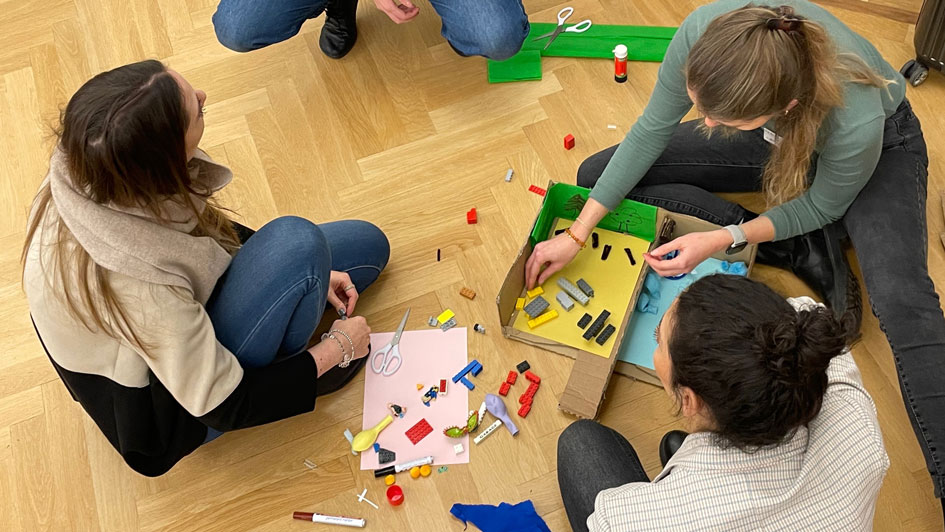
The training materials also hone teachers’ competencies and knowledge in these emerging fields, bridging the skill gaps in the crucial STEM domain in Germany. Siemens Stiftung conducts regular training in the form of Experimento that improves teachers’ digital skills and offers Design Thinking in STEM workshops for teachers, linking creativity to science and technology subjects.
The internationally operative foundation has been working with the educational ecosystem (teachers, academia, and policy makers) across the three continents of Africa, Europe, and Latin America. The teaching and training materials have been co-created by local, regional, and international experts and are under an open license, therefore, enabling teachers the flexibility to adapt and reshape their lessons according to their local contexts. This paves the way for narrowing the opportunity gaps for students. The robust STEMplus approach catapults the students’ journey from classroom to career, not only preparing them for the future-shaping digital and green economies but also nurturing socially responsible citizens.
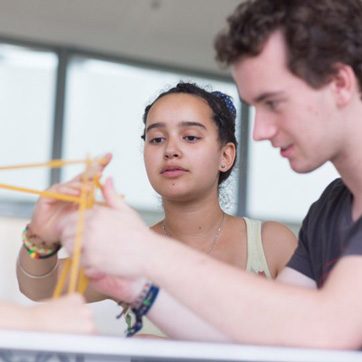
STEMplus: The Foundation of an Education in the 21st Century
In their article “STEMplus: The Foundation of an Education in the 21st Century”, Prof. Dr. Kristina Reiss and Dr. Barbara Filtzinger describe the scientific foundations of the STEMplus approach. It is available via the publication system of the Eberhard Karls University of Tübingen and on our website in English, German, and Spanish.
Download
Press photos
Press contact
Contact person Communications / Head of Media Relations
Jagori Dhar
STEM education for sustainable development – find out more!
News
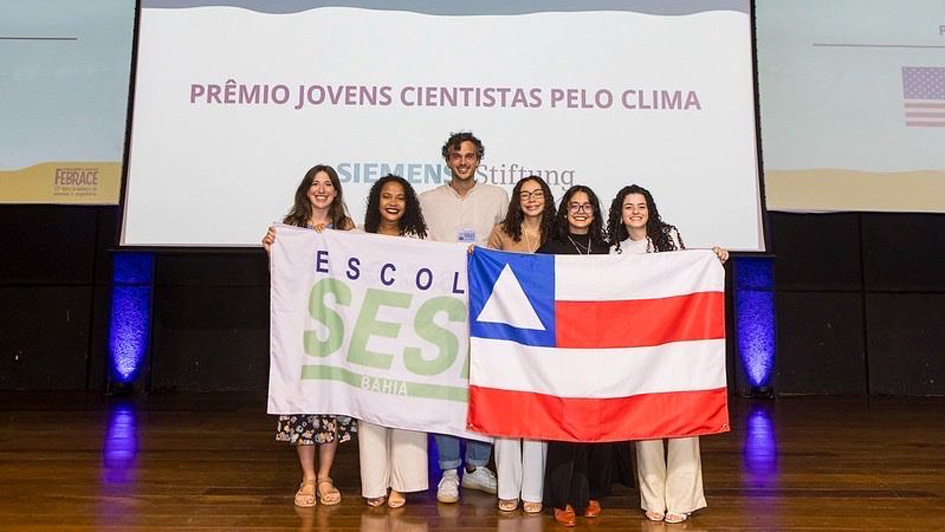
FEBRACE 2025: Students take center stage with their innovative projects to combat climate change
- At the FEBRACE fair, the Siemens Stiftung honoured a student project aimed at combating climate change. The focus was on practical STEM learning, local solutions and promoting young talent as part of the STEM+ Territórios education project.
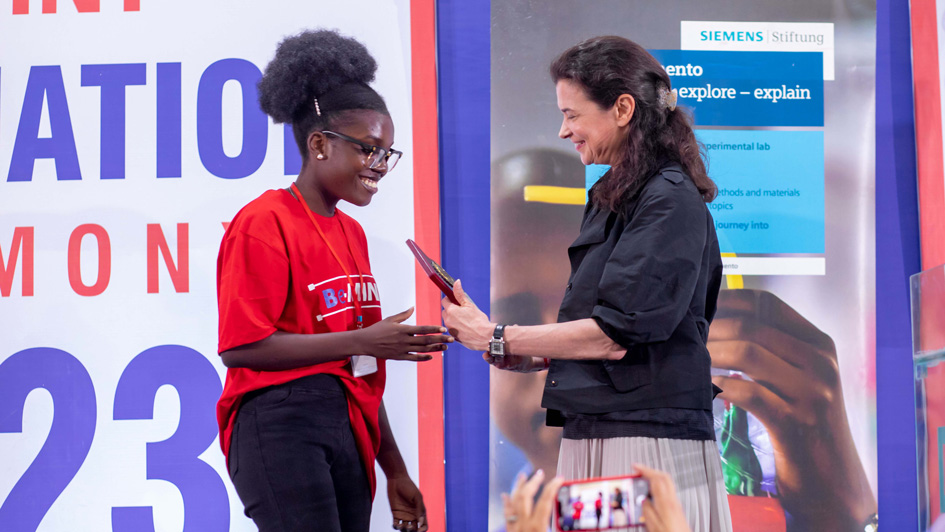
New makerspace inaugurated in Lagos to enhance career prospects for Nigerian youth
- A makerspace, part of the BeMINT_Nigeria training and internship program for high-school graduates was launched in Lagos. 400 participants from underserved communities receive entrepreneurial and digital skills training at the innovative space.


